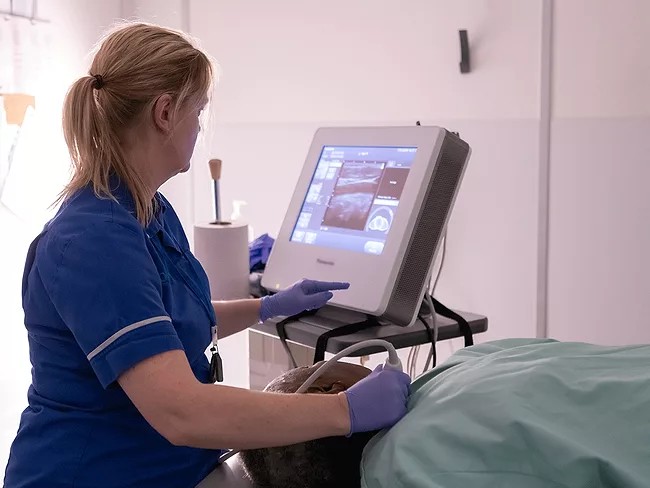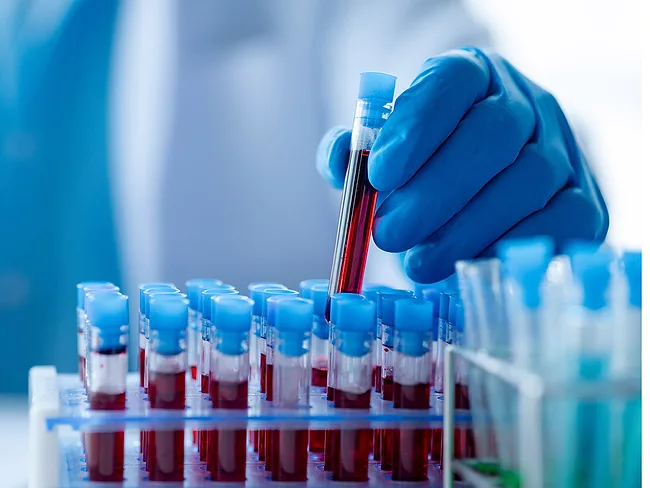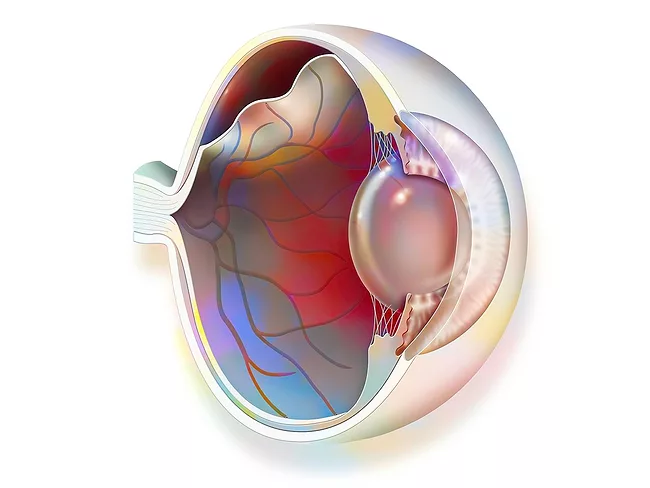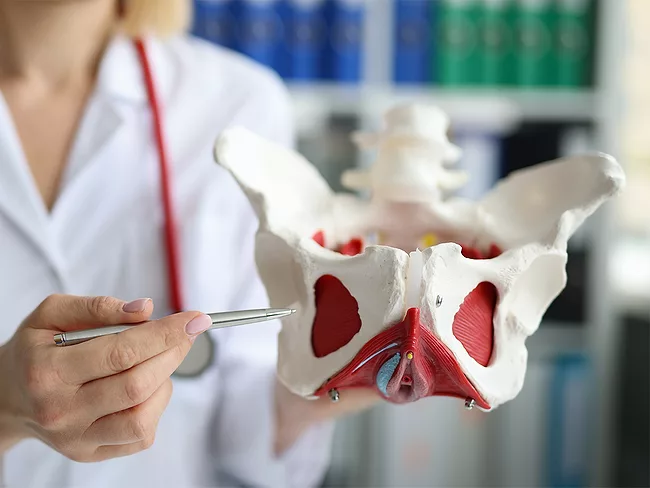
Items Tagged with 'UK Biobank'
ARTICLES
Drug design, drug delivery & technologies
Proteomics study explores how protein changes influence disease
Read MoreDrug design, drug delivery & technologies
Oxford Nanopore Technologies and UK Biobank collaborate to create epigenetic dataset
Read MoreGenitourinary/sexual function







